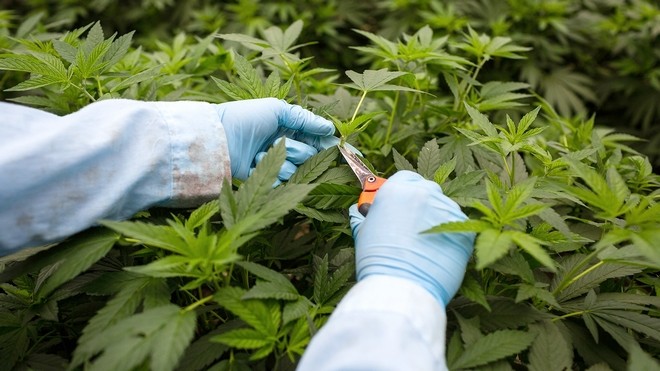Despite the obvious political and regulatory hurdles, it appears it won’t be long before institutional investors, including public pension funds, will have ample opportunities to invest in the North American cannabis industry.
If institutional investors haven’t considered their stance on such investments, they need to — if only to determine their comfort level.
While it remains illegal in the U.S. at the federal level, medical marijuana is legal in 30 states and the District of Columbia. Marijuana also is legal for adult recreational use in nine states and in the district. Starting Oct. 17, regulated amounts of cannabis will be legal for adults (over age 18) to possess, share, buy and grow in Canada.
U.S. states and localities already are collecting taxes on marijuana sales and cultivation. In Oregon, a law that took effect last month directs some marijuana taxes and other state revenues to an account to help reduce school districts’ pension contributions.
The opportunities are broadening for institutional investors to access the sector, which cannabis market research firm New Frontier Data forecasted in April would grow to $25 billion by 2025, with a compound annual growth rate of 14.7%.
As institutional investors are seeking sources of alpha, the industry presents a variety of ways to capture it. Investment opportunities already are arising in real estate. Marijuana growers are pushing up demand for, and the price of, industrial and warehouse properties in some areas, as Pensions & Investments reported March 5.
There also are public companies profiting from the cannabis industry in ways investors might not realize. Constellation Brands Inc., better known for its Corona-brand beers, Robert Mondavi wines and Svedka vodka, reported on June 29 that it has recognized gains of more than $700 million since buying nearly 10% of Canopy Growth Corp., a Smiths Falls, Ontario-based cannabis and hemp company, last year.
The U.S. Food and Drug Administration in June approved a medication extracted from marijuana for treatment of two severe pediatric seizure disorders. It is the first drug derived from marijuana to get such approval, but presumably not the last. It is produced by Cambridge, U.K.-based GW Pharmaceuticals PLC and its U.S. subsidiary Greenwich Biosciences Inc., which trades on the Nasdaq.
The fact that marijuana remains illegal under U.S. federal law means custody, clearing and banking issues continue to exist. But as marijuana-related businesses grow, pension funds already could be benefiting from that growth through their pharmaceutical, equity or real estate equity holdings. Will they be prepared to answer questions from their participants or trustees on these holdings? They should be. (Investments)
ADVERTISEMENT










